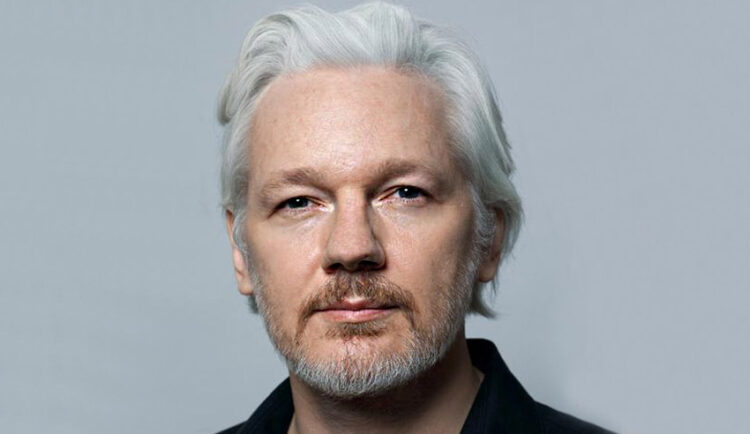By Ben Kerrigan-
Priti Patel has approved the extradition of WikiLeaks co-founder Julian Assange to the US.
Assange’s legal team is expected to start a legal challenge in the courts, mainly focused on arguments surrounding the right to freedom of expression and whether the extradition request is politically motivated. Patel had been considering whether the U.S extradition request met remaining legal tests, including a promise not to execute him.
A Home Office spokesperson said: “Under the Extradition Act 2003, the secretary of state must sign an extradition order if there are no grounds to prohibit the order being made.
“Extradition requests are only sent to the home secretary once a judge decides it can proceed after considering various aspects of the case.
“On 17 June, following consideration by both the magistrates court and high court, the extradition of Mr Julian Assange to the US was ordered. Mr Assange retains the normal 14-day right to appeal.
“In this case, the UK courts have not found that it would be oppressive, unjust or an abuse of process to extradite Mr Assange.
“Nor have they found that extradition would be incompatible with his human rights, including his right to a fair trial and to freedom of expression, and that whilst in the US he will be treated appropriately, including in relation to his health.”
Mr Assange’s wife, Stella, said her husband had done “nothing wrong” and “he has committed no crime”.
“He is a journalist and a publisher, and he is being punished for doing his job.”
In May 2019, while serving a jail sentence in the UK for breaching bail, the US justice department filed 17 charges against Mr Assange for violating the Espionage Act – alleging that material obtained by Wikileaks endangered lives.
Mr Assange’s legal team claimed that classified documents published by Wikileaks, which related to the Iraq and Afghanistan wars, exposed US wrongdoing and were in the public interest.
The Wikileaks documents revealed how the US military had killed hundreds of civilians in unreported incidents during the war in Afghanistan, while leaked Iraq war files showed 66,000 civilians had been killed, and prisoners tortured, by Iraqi forces.
The Supreme Court ruled in March that Mr Assange’s case raised no legal questions over assurances the US had given to the UK about how he is likely to be treated.
Amnesty International said enabling the extradition to take place “would put him at great risk and sends a chilling message to journalists”.
“Diplomatic assurances provided by the US that Assange will not be kept in solitary confinement cannot be taken on face value given previous history”, general secretary Agnes Callamard said.
Former government minister David Davis said he does not believe Mr Assange will have a fair trial in the US.
“This extradition treaty needs to be rewritten to give British and American citizens identical rights, unlike now”, he said.
A Home Office spokesperson said that under the Extradition Act 2003, the secretary of state “must sign” an extradition order if there are “no grounds to prohibit the order being made”.
“The UK courts have not found that it would be oppressive, unjust or an abuse of process to extradite Mr Assange”, the Home Office added.




